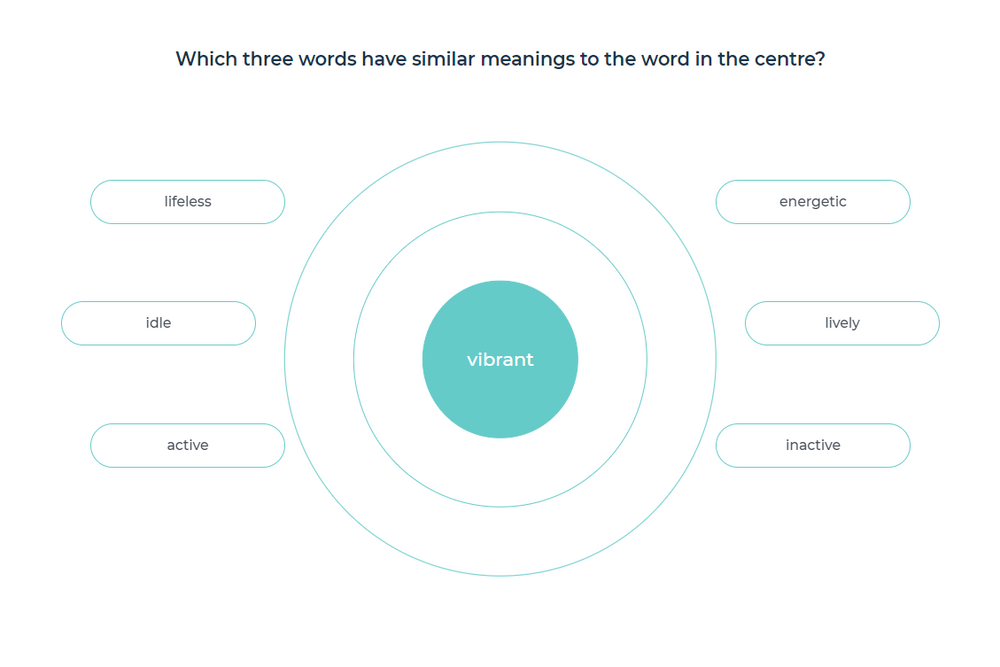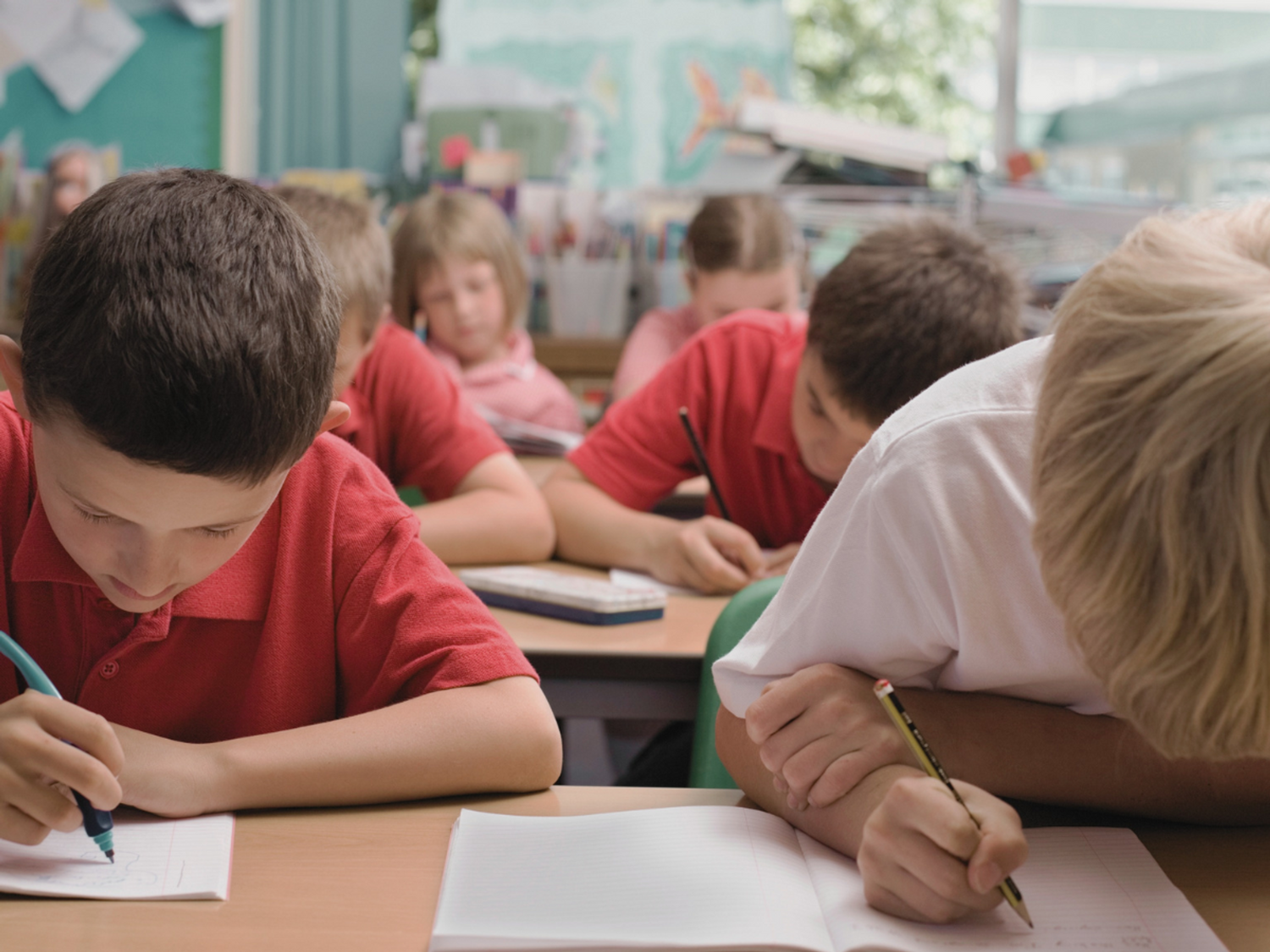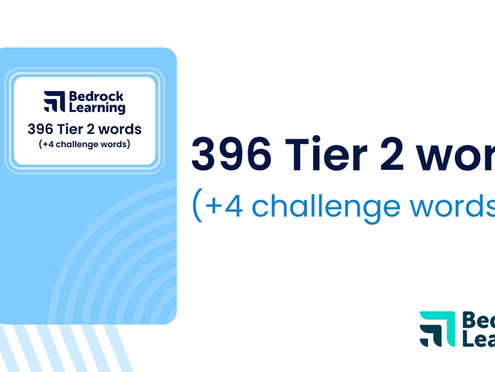The 2023 KS2 SATs Reading Paper Challenge
Teachers, parents, and students have expressed their concerns about the paper's difficulty level. The Department of Education, while acknowledging these concerns, defends the rigorous nature of SATs, emphasising the need to measure attainment across the spectrum of ability, including the most capable students. With the release of the Reading Paper, given the overt emphasis on vocabulary proficiency, we felt compelled to delve into the questions that teachers deemed most demanding.
One particular question, of several, asks students to read a passage and then identify the word closest in meaning to "eat." The text offered two potential answers: "consume" and "feeding."
The recent SATs paper clearly requires students to leverage their understanding of one word ("eat") to identify others with similar meanings, such as "consume" or "feeding." This ability to make connections requires a solid vocabulary foundation and the capability to form semantic maps, linking common and simple English words (Tier 1) to similar, more sophisticated academic vocabulary (Tier 2). This debate around the recent SATs paper's difficulty highlights an enduring educational problem, one that Bedrock schools have resolved. We cannot merely rely on incidental exposure to words like ‘consume’. Instead, we need a consistent, structured plan to systematically introduce learners to advanced English language - an outcome that cannot be guaranteed simply by reading books.
"Eat - Consume": Why Bedrock Incorporates Thousands of Synonym and Antonym Activities in its Pedagogy
Bedrock Learning is built on research that reveals the most effective methods for students to learn new vocabulary. Notable linguist Robert Marzano, among others, demonstrates that exposing students to challenging words in various contexts, such as comparing "eat" to "consume" in synonym and antonym activities, is the best way to embed a solid foundation of advanced vocabulary. The SATs paper aimed to assess this exact skill. Bedrock has taken these findings and converted them into actionable strategies applied across all our learning activities. The platform incorporates 8 activities, including synonym and antonym exercises, covering 50,000 academic words.
When introducing a new word on Bedrock, we first present it in the context of a fiction or nonfiction passage, paired with student-friendly definitions. The word is then reinforced through diverse multi-modal activities, including synonym and antonym exercises. These activities facilitate connections between Tier 1 and Tier 2 vocabulary, deepening students' understanding of each word and enhancing their reading comprehension skills.

Consider the aforementioned SATs question in the context of a comprehensive, consistent vocabulary curriculum that explicitly establishes links between simple Tier 1 vocabulary ("eat") and more complex Tier 2 vocabulary ("consume"). Would the question have still been as challenging? Bedrock's unwavering commitment to transformative vocabulary instruction ensures these connections are forged on a word-by-word, student-by-student basis across the entire school. By using Bedrock's vocabulary curriculum, we ensure that the expansion of vocabulary, which sparked widespread complaints in this year's SATs papers, is never left to chance.





